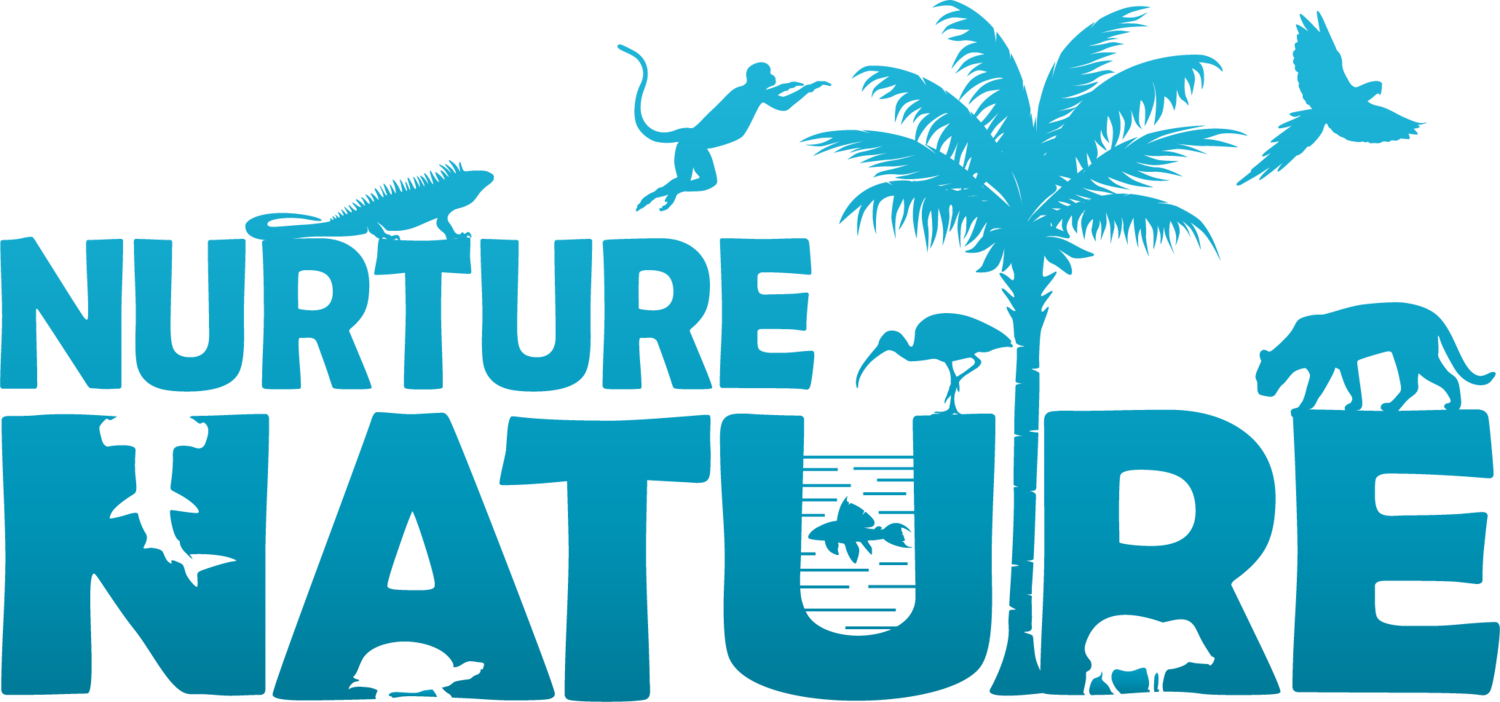
Trade
The harmful trade in pet wildlife in Trinidad and Tobago is mostly the result of activities occurring locally and on the South American continent. These activities can be grouped into at least four stages and each results in distinct types of harm.
Collection of Living Wildlife
Poachers collect chicks from their nests during breeding season to be sold in the trade. The Yellow-Crowned Amazon (Amazona ochrocephala) is one of many affected parrot species.
Deadly force is typically used to remove baby monkeys from their parents. Capuchin species are the most commonly targeted by poachers for the pet trade.
Near-invisible mist nests, set by poachers, entangle a variety of smaller birds. The Bullfinch (Oryzoborus angolensis) is particularly prized for use in competitions by songbird enthusiasts.
Transportation of Captive Wildlife
Close proximity to the South American continent makes it easy for traffickers to bring in foreign wildlife and extensive forests at home also provide some in-demand pets.
Fishing boats in south Trinidad can reach Venezuela in under 60 mins. Coastal inlets offer traffickers many places to hide their cargo from the authorities.
Authorities occasionally intercept boats with illegal pet wildlife. This can have deadly consequences for caged animals as traffickers destroy evidence.
Sales to Local Buyers
A large number of illegal wildlife keepers obtain their pets through pet shops. Some shops even use prohibited wildlife like macaws and monkeys in their advertising.
Sales commonly occur through Facebook groups, both public and private, even though the sale of any living animal is against the company’s terms of use.
Most animals for sale are held in cramped and unsanitary environments, which is most apparent in WhatsApp videos sent by importers to their local sellers.
On-Going Captivity
Some traded wild animals become attractions and performers at privately-run zoos that show little regard for animal welfare or public education.
Very few keepers of pet wildlife take their animals to the veterinarian for check-ups. If they do, very few veterinarians have the training to treat health issues in wild animals.
Most traded birds and mammals have evolved for highly social and physically stimulating lives and as a result often have behavioural issues due to boredom.
